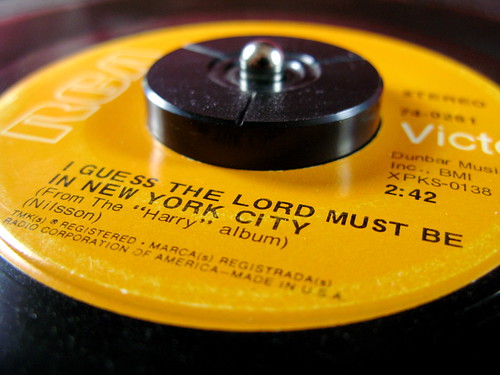The word 'must' is a very common one in the English language. One of its uses is to say that it's necessary for someone to do something.
I must leave now, otherwise I'll be late for work.
You must work harder.
The expressions 'have to' and 'have got to' are also taken to convey a similar meaning.
We have to be there by 8 o'clock.
They've got to reduce their spending.
Some speakers of British English make a difference here by using 'must' when someone feels the need for doing something, and going for 'have to' or 'have got to' when the particular action is required due to regulations or other people's wishes.
I must go home now to watch the match on TV.
(I want to go home now.)
I have to go home now because my parents have asked me to be back before 10 pm.
(They want me to go home now.)
Out of all three, only 'have to' is possible in the past or future tense.
They had to get permission from their parents.
You'll have to discuss the matter with the director.
All these forms are also employed in talking about things that you firmly believe are true. (The use of 'have to' and 'have got to' in this sense used to be American English, but it's now increasingly found in British usage too.)
She must be the principal. / She has to be the principal. / She's got to be the principal.
(Everything I know makes me think that she's the principal.)
When referring to something from the past in this sense, the phrase 'must have' is applied.
He must have met her before.
(Everything I know makes me think that he has met her before.)
When it comes to the negative, however, their meanings become completely different from each other.
You must not go there any more.
(You're not allowed to go there any more.)
You don't have to go there any more.
(It's not necessary for you to go there any more.)
To talk about something that you firmly believe isn't true, you need to turn to a completely different construction:
She can't be the principal.
(Everything I know makes me think that she isn't the principal.)
He can't have met her before.
(Everything I know makes me think that he hasn't met her before.)
Oh dear, what a language!
(Image credit: kevindooley)

Hey Sujeewa,
ReplyDeleteThis is a great job. There is nothing wrong teaching English in Sinhala, but I think these two web-sites cater for two different purposes; or, at-least two different audiences. I remember the time, I had this English-Sinhala dictionary. Then, someone advised me to buy a English-English dictionary. At the end, I ended up using both; using the English-English dictionary more frequently than the other.
I will visit both of these blogs. Forgive me for not being active on our discussion group, lately. Being busy, working 7 days straight night-shift till X'mas. Thanks.
@Siribiris
ReplyDeleteHi buddy,
Nice to see that you're still around. I think you are spot-on with your observations.